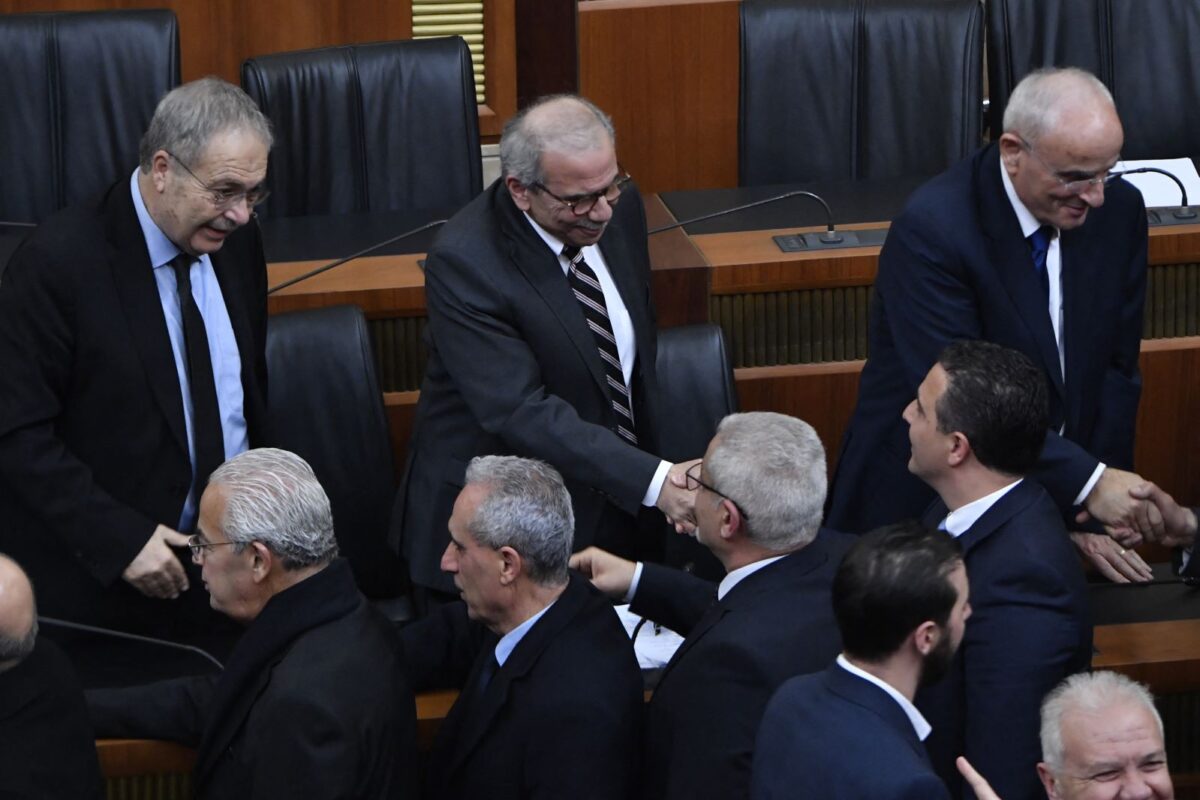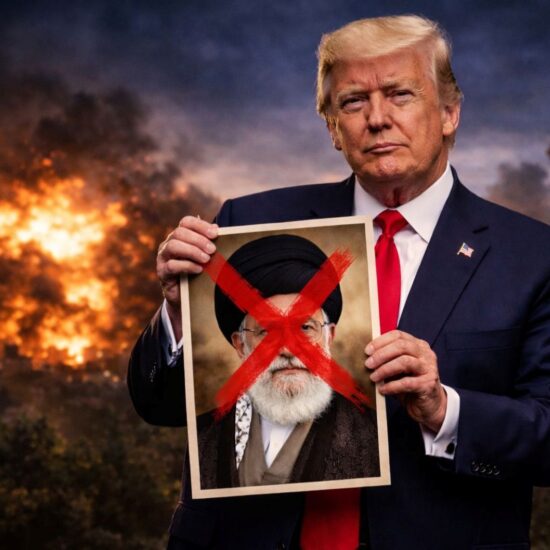
Parliament granted confidence to the new government, but experts stress urgent reforms in infrastructure, electricity, telecoms, and governance for economic recovery
Lebanon’s parliament granted a vote of confidence on Wednesday to Prime Minister Nawaf Salam’s newly formed government, setting the stage for an administration tasked with navigating the country through economic turmoil and post-war recovery.
Salam, appointed in January following Joseph Aoun’s election as president, secured the backing of 95 lawmakers, while 12 opposed and four abstained. Despite initial resistance to his nomination, a majority in parliament ultimately endorsed his leadership.
One of the government’s foremost challenges will be managing the aftermath of the recent Israeli war on Lebanon, which inflicted severe damage on Lebanon’s infrastructure and economy. The war also led to the loss of key figures for the party, including longtime leader, Sayyed Hassan Nasrallah, who was killed in an Israeli airstrike on Beirut in September.
In his address to parliament ahead of the vote, Salam underscored his administration’s commitment to economic recovery, vowing to prioritize depositors’ rights and initiate negotiations with the International Monetary Fund. He also pledged to remove Lebanon from the “grey list” of financially vulnerable countries.
A notable shift in the government’s stance was evident in its policy statement. Instead, the statement reaffirmed that only the Lebanese state and its armed forces have the right to bear arms and defend the country. The document also committed to reclaiming any Israeli-occupied territory through official state channels.
Parliamentarians raised pressing concerns about Israel’s continued ceasefire violations and its partial withdrawal from Lebanese land, highlighting the presence of Israeli forces at five strategic outposts along the border. Lawmakers also called for urgent measures to address Lebanon’s financial and banking crises, implement long-overdue reforms, and expedite reconstruction efforts in war-affected areas.
With Lebanon at a critical juncture, Salam’s government faces a complex task ahead, balancing security concerns, economic stabilization, and diplomatic negotiations to restore stability in the country.
What happens next?
Ziad Abdel Samad, Co-Founder and Executive Director of the Arab NGO Network for Development (ANND), expressed cautious optimism about the parliamentary confidence session, noting that it restored a sense of legitimacy and trust in the government. “The overall atmosphere was positive, and the government gained significant confidence from MPs,” he said. However, he acknowledged that major challenges lie ahead, particularly in implementing key policies such as UN Security Council Resolution 1701.
According to Abdel Samad, one of the most pressing issues is Lebanon’s ability to enforce Resolution 1701, which requires a unified state monopoly over arms. “There’s a clear commitment from the president and prime minister to uphold it, but its success depends on Hezbollah’s cooperation,” he explained. He pointed out that Hezbollah has signaled a willingness to collaborate with the state but insists on retaining the right to determine the timing and nature of resistance against Israeli occupation. A potential internal division within Hezbollah, between those advocating for political integration and those committed to its military role, adds complexity to the issue.
Abdel Samad also highlighted economic concerns raised by the parliamentary debate, particularly the urgent need for financial recovery policies. e stressed the necessity of restructuring the banking sector, conducting an audit of Banque du Liban’s accounts, and distributing financial losses equitably. “This is the gateway to economic recovery,” he added, emphasizing the need for long-term fiscal planning and social protection reforms.
He also emphasized the importance of addressing challenges in the electricity and telecommunications sectors, alongside tackling administrative reform and judicial independence. He stressed the urgent need to restructure public administration, identifying gaps and redundancies in staffing to enhance efficiency.
On social issues, Abdel Samad pointed out the alarming poverty and unemployment rates in Lebanon. “With 60% of the population below the poverty line and 40% unemployed, we need a comprehensive social policy,” he argued.
Finally, Abdel Samad warned that Lebanon’s internal crisis is deeply linked to its foreign policy entanglements. “Our past political alignments have placed us at the mercy of external interventions,” he said, arguing that economic, administrative, and judicial reforms—along with the proper application of Resolution 1701—could help Lebanon regain sovereignty and stability. “All these issues are interconnected, and we need to address them collectively to move forward.”
While the government’s statements signal intent, Abdel Samad stressed that real progress will be measured by action. “This government has a limited timeframe. It can’t solve everything, but it must at least set the train on the right track,” he concluded.
Limited time to take action
Walid Marrouch, professor of economics at the Lebanese American University, echoes concerns about the pressing economic challenges Lebanon faces.
“I expected them to gain the majority,” Marrouch says, referring to the newly formed government. However, he believes their economic policy statements have been minimal, particularly regarding the critical issues of debt restructuring and negotiations with the International Monetary Fund (IMF).
Marrouch stresses that economic recovery is impossible without addressing infrastructure reforms, particularly in electricity, telecommunications, and water supply. “Restructuring banking and dealing with the IMF is important, but without fixing infrastructure—especially electricity and telecom—there can be no real economic recovery,” he explains.
He highlights that Lebanon’s electricity crisis was a major driver of the economic collapse, with public debt ballooning due to years of mismanagement in the sector. Given the government’s short timeframe of about a year, Marrouch insists that reforms must begin immediately. “They don’t have the luxury of time. If they can restore electricity supply and reduce telecom costs quickly, it will boost economic growth.”
When asked if there is enough time to exit the economic crisis, he remains cautiously optimistic. “We have to do it. Maybe we won’t be fully out of the tunnel, but at least we’ll be on the right path—if they choose to act.”
For Marrouch, the first steps should include improving operations at the port and airport, upgrading roads, and investing in basic infrastructure, which serves as the foundation of any functioning economy. “This is where the government should focus its efforts,” he says.
He also argues that implementing UN Resolution 1701 and infrastructure reforms can go hand in hand. “1701 is linked to the economy. We can’t separate security arrangements from economic recovery. Political stability is essential for economic stability.”
However, he warns that the government cannot rely on past strategies. “This time is different. We don’t have the luxury of debt. We’re in default, so the government can’t do what it used to do before,” he explains. “They acted like players in the economy, when in reality, they should have been referees—setting the conditions for recovery, ensuring a functioning judiciary, enforcing laws, and fixing infrastructure so the economy can operate properly.”
Marrouch criticizes past governance for prioritizing special interests over national well-being. “Working for special interests led us to catastrophe,” he says. Now, Lebanon lacks access to international financial markets due to its default, making external assistance crucial. “Most of our debt was internal. If we start replacing it with foreign debt—through multilateral donors like the IMF and World Bank—we risk trading one crisis for another,” he warns. “Deep structural reforms are needed to prevent the budget from remaining in a constant state of deficit.”
As for the upcoming IMF mission, Marrouch has little hope. “I have no expectations. They’ll have to start from zero. The last two governments weren’t serious—they wasted our time with empty promises. At least this government has a popular mandate, unlike the previous ones, which were one-sided.”
Marrouch also sees potential in reconnecting Lebanon to regional trade networks. “For 14 or 15 years, we lost our land trade routes to Jordan, Saudi Arabia, and the Gulf due to the war in Syria,” he explains. “Now, with changes in Syria, there’s hope we can restore these routes, which would be crucial for economic recovery.”
He also envisions the possibility of reestablishing land connections with Turkey, which could further integrate Lebanon into the regional economy. “If we can drive from Lebanon to Turkey, and from Lebanon to Saudi Arabia, it would be a great sign. Lebanon has been part of the Middle East but has only experienced its worst aspects. Reintegrating into the region’s trade networks could be a turning point.”








